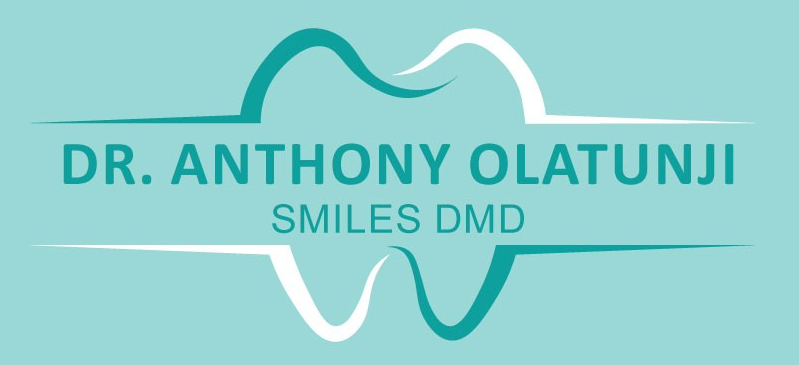WE HAVE MOVED TO: 11900 Avalon Blvd., Suite 101, Los Angeles, CA 90061
|
NOS HEMOS TRASLADADO A: 11900 Avalon Blvd., Suite 101, Los Ángeles, CA 90061
WE HAVE MOVED TO: 11900 Avalon Blvd., Suite 101, Los Angeles, CA 90061
|
NOS HEMOS TRASLADADO A: 11900 Avalon Blvd., Suite 101, Los Ángeles, CA 90061
WE ACCEPT MEDICARE, MEDICARE ADVANTAGE, DHMO, PPO, DELTA DENTAL, UNITED HEALTHCARE, METLIFE, AETNA, GUARDIAN, KAISER, MOLINA, HEALTH-NET, AND MOST INSURANCES. CALL TODAY & BOOK NOW - (310) 331-8134
ACEPTAMOS MEDICARE, MEDICARE ADVANTAGE, DHMO, PPO, DELTA DENTAL, UNITED HEALTHCARE, METLIFE, AETNA, GUARDIAN, KAISER, MOLINA, HEALTH-NET, Y LA MAYORÍA DE LOS SEGUROS. ¡LLAME HOY Y RESERVE YA! - (310) 331-8134
WE ACCEPT MEDICARE, MEDICARE ADVANTAGE, DHMO, PPO, DELTA DENTAL, UNITED HEALTHCARE, METLIFE, AETNA, GUARDIAN, KAISER, MOLINA, HEALTH-NET, AND MOST INSURANCES. CALL TODAY & BOOK NOW - (310) 331-8134
ACEPTAMOS MEDICARE, MEDICARE ADVANTAGE, DHMO, PPO, DELTA DENTAL, UNITED HEALTHCARE, METLIFE, AETNA, GUARDIAN, KAISER, MOLINA, HEALTH-NET, Y LA MAYORÍA DE LOS SEGUROS. ¡LLAME HOY Y RESERVE YA! - (310) 331-8134
